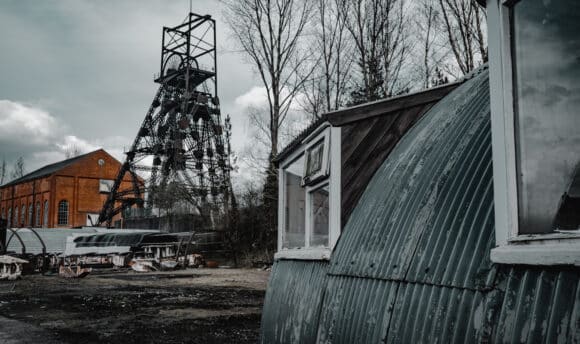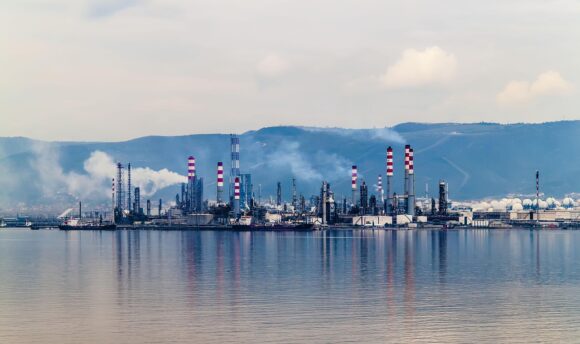Last month, the United Kingdom enjoyed its first full day without the need for coal power since the Industrial Revolution began. That’s remarkable news – and a sign of the future to come as the country that began humanity’s centuries-long romance with burning black rocks is now moving on.
Just as the fax gave way to email and whale oil gave way to kerosene, so is coal giving way to cleaner forms of energy. And that handover will happen faster – perhaps fast enough to let us at least slow down the pace of climate change – if the massive and mighty insurance industry would play its part.
By underwriting the development of our industrial society and the coal that has powered it, the insurance industry was one of the Industrial Revolution’s crucial but often overlooked enablers.
“This has only been made possible by the insurers,” said Henry Ford, looking at the New York skyline: “With no insurance, there would be no skyscrapers. No investor would finance buildings that one cigarette butt could burn to the ground.”
Through their ability to spread risk across broad portfolios, insurers have enabled high-risk activities for centuries. And that is also true of activities that contribute to the highest risk in human history: global warming.



